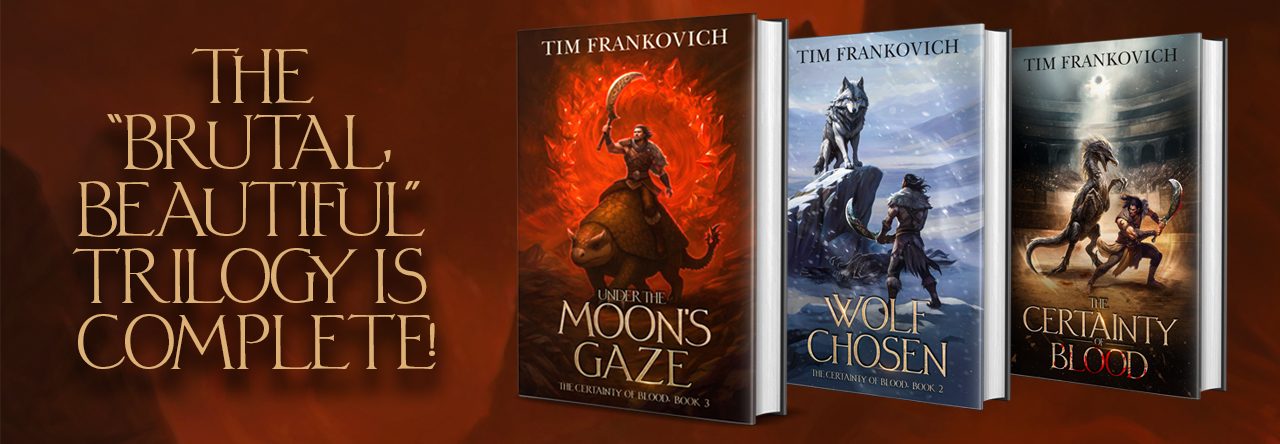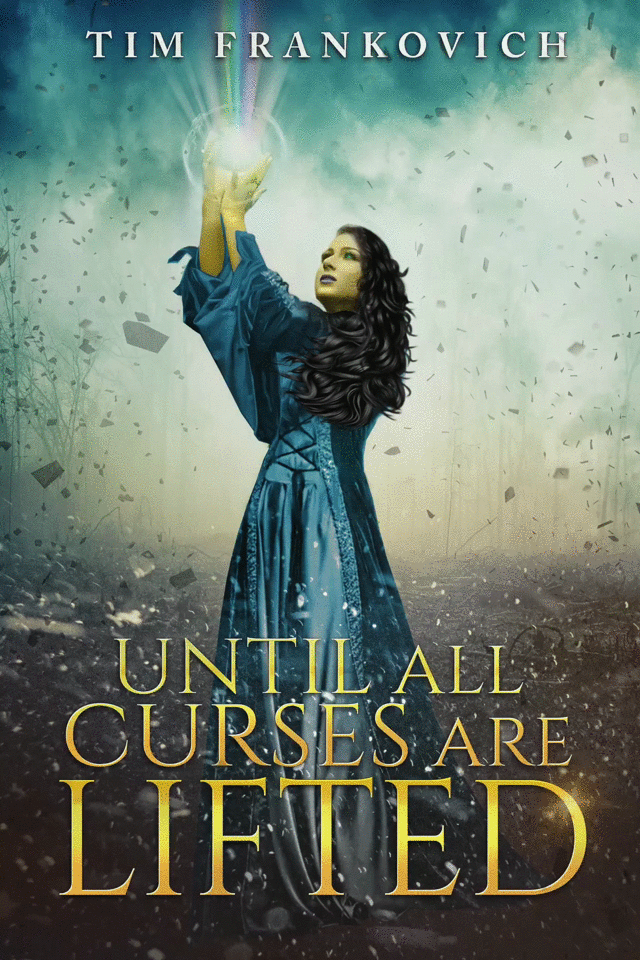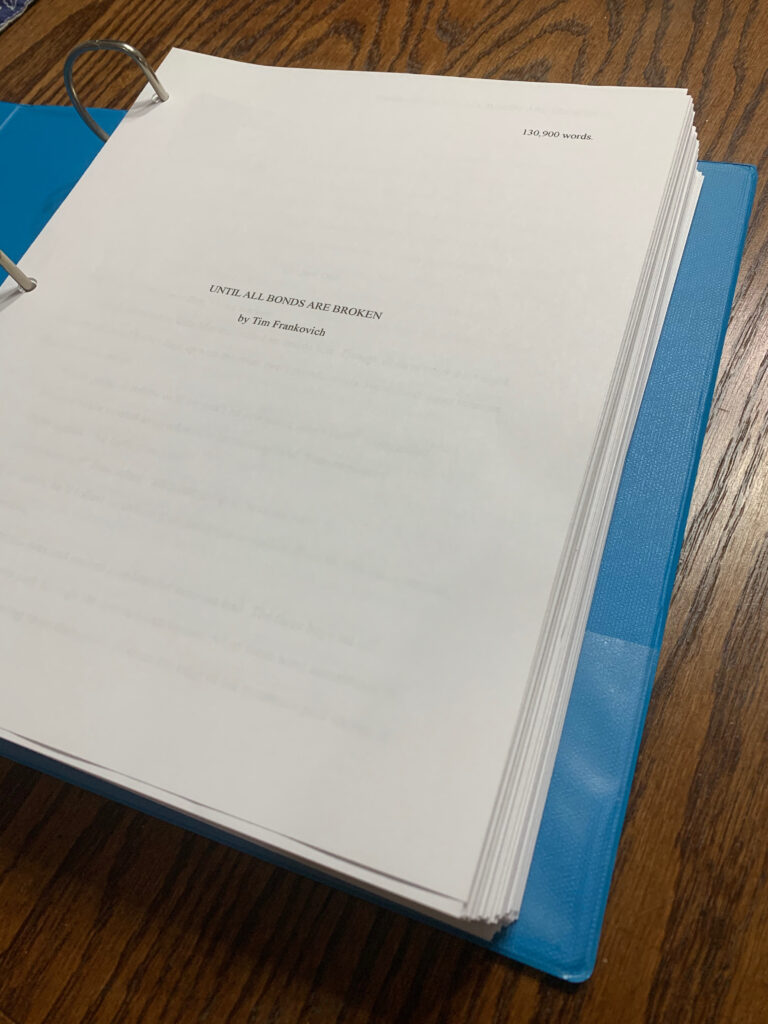Like most people, I’m sitting at home. Unlike most people, I’m used to it. I’ve been working from home (freelance) for ten years. Unfortunately, the virus has impacted the industries from which I get my work, so… like many people, I have more time on my (carefully washed) hands.
You’d think this would mean I’m getting more writing done. And I am making significant progress. When I’m not doing yard work, playing games with the kids, or any other of a myriad of things that just keep popping up.
At the moment, I have two scenes left to consider and re-write. And then… I think this book (Until All Bonds Are Broken) might be done. I still have to decide what else I’m including in this book – afterword, preview, etc. And I am hoping to hear from two other beta readers (I need to email them!). But, barring any other setbacks, this book should be ready to publish by the beginning of Summer. I think. Could be sooner. Could be later.
I’m working on another book. Brainstorming a couple more. Dreaming a few more.
If you’re bored right now, I suggest… reading a book. Just an idea.




